Pakistan tests missile weapons system amid India standoff
Pakistan's military said May 3 it conducted a "successful training launch of the Abdali Weapon System", a surface-to-surface missile with a range of 450 kilometres (279 miles).
.JPG) FILE PHOTO: An Indian security force trooper moves past parked vehicles during a cordon and search operation, following an attack on tourists near Pahalgam, in Gudder village of south Kashmir's Kulgam district April 26, 2025. / REUTERS/Stringer/File Photo
FILE PHOTO: An Indian security force trooper moves past parked vehicles during a cordon and search operation, following an attack on tourists near Pahalgam, in Gudder village of south Kashmir's Kulgam district April 26, 2025. / REUTERS/Stringer/File Photo
Pakistan's military said it carried out a "training launch" of a surface-to-surface missile weapons system on May 3, further heightening tensions with India after last month's deadly attack in Kashmir.
New Delhi has blamed Islamabad for backing an attack on tourists last month in Kashmir, sparking a fresh stand-off between the nuclear-armed neighbours.
Also Read: On both sides of the line of control, Kashmiris watch, wait and prepare for war
Pakistan's military said May 3 it conducted a "successful training launch of the Abdali Weapon System", a surface-to-surface missile with a range of 450 kilometres (279 miles).
"The launch was aimed at ensuring the operational readiness of troops and validating key technical parameters, including the missile's advanced navigation system and enhanced manoeuvrability features," Pakistan's military said in a statement.
It did not say where the test took place.
The missile training launch comes after Indian Prime Minister Narendra Modi said he has given his military "full operational freedom" to respond to the attack in Pahalgam in Kashmir, which killed 26 people, mostly Hindu tourists.
Pakistan has denied any involvement in the attack and called for an independent probe.
This week Islamabad warned of an imminent air strike from its neighbour, and has repeatedly made clear it will respond with force to any aggression by India.
International pressure has been piled on both New Delhi and Islamabad -- who have fought several wars over the Kashmir -- to de-escalate.
Neighbouring China has urged "restraint", with the European Union warning May 2 that the situation was "alarming.
In an interview with Fox News, US Vice President JD Vance called on India to respond to the attack in a way "that doesn't lead to a broader regional conflict".
He also urged Pakistan to "make sure that the terrorists sometimes operating in their territory are hunted down and dealt with".
'Message to the world'
Analysts in Pakistan told AFP the missile launch was a warning shot.
"It clearly indicates that we have resources to counter India. This is not a message only for India but the rest of the world that we are well-prepared," said Hasan Askari Rizvi, a military analyst.
On May 2, Pakistan's Chief of Army Staff General Syed Asim Munir presided over a meeting of his top commanders about the "current Pakistan-India standoff", a military statement said.
Munir "underscored the critical importance of heightened vigilance and proactive readiness across all fronts".
Since the attack -- the deadliest in Kashmir on civilians in years -- India and Pakistan have exchanged tit-for-tat diplomatic barbs and expulsions, and shut border crossings.
The two sides have exchanged gunfire for nine consecutive nights along the militarised Line of Control, the de facto border, according to Indian defence sources.
Kashmir, a region of around 15 million people, is divided but claimed in full between Pakistan and India.
Rebels on the Indian side have waged an insurgency since 1989, seeking independence or a merger with Pakistan.
India regularly blames its neighbour for backing gunmen behind the insurgency.
Islamabad denies the allegation, saying it only supports Kashmir's struggle for self-determination and regularly denounces rights abuses in the region.
ADVERTISEMENT
ADVERTISEMENT
E Paper
Video




 AFP
AFP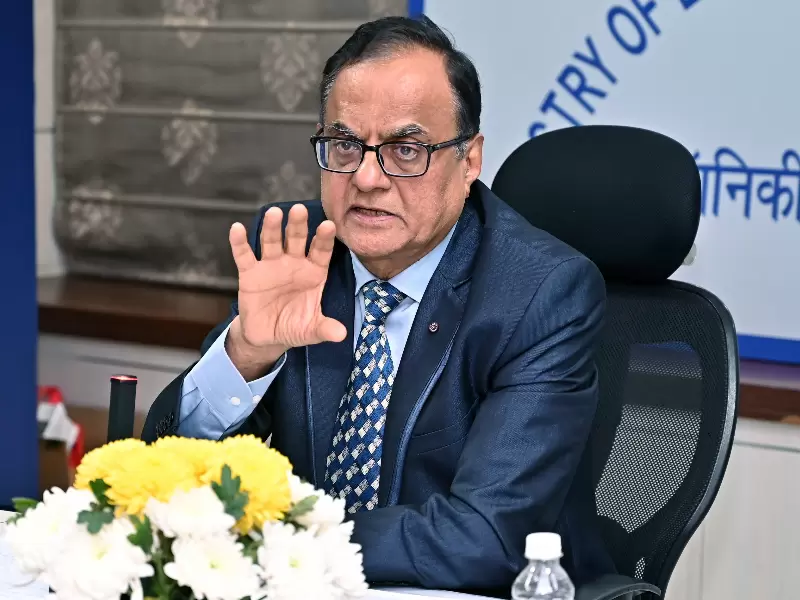
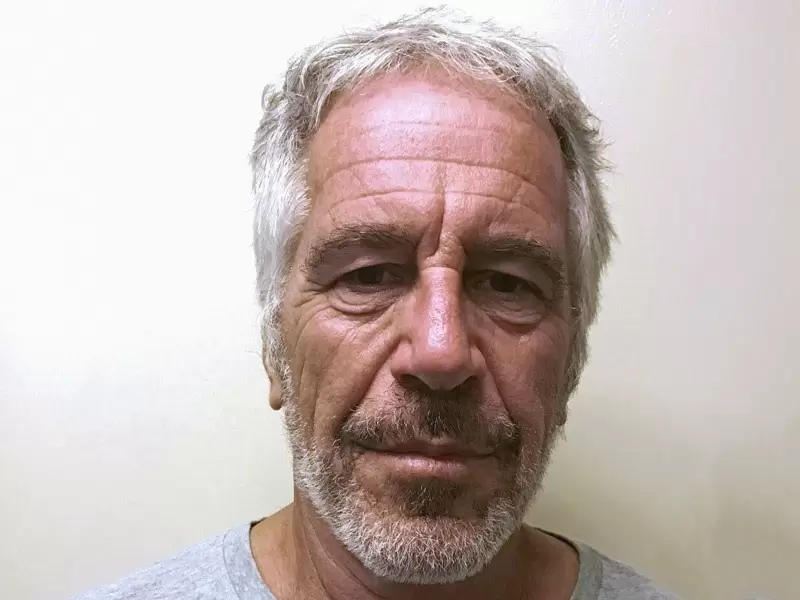
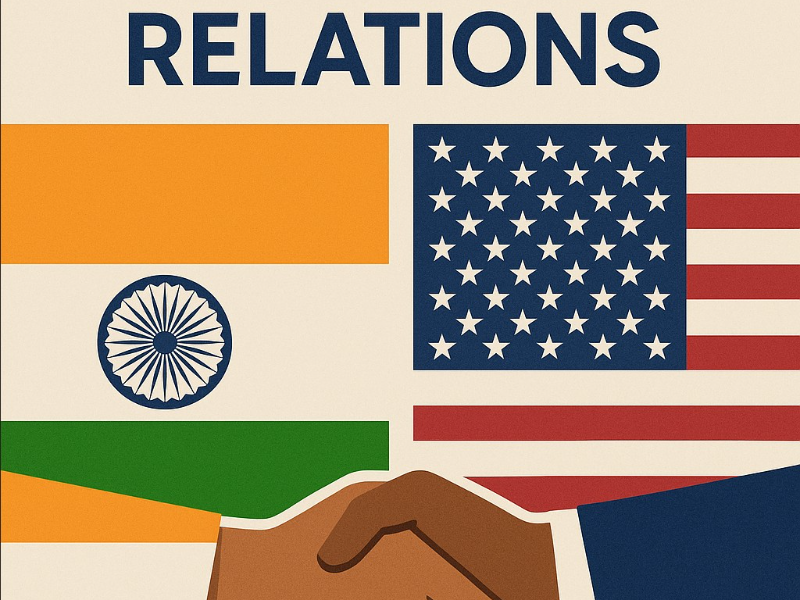


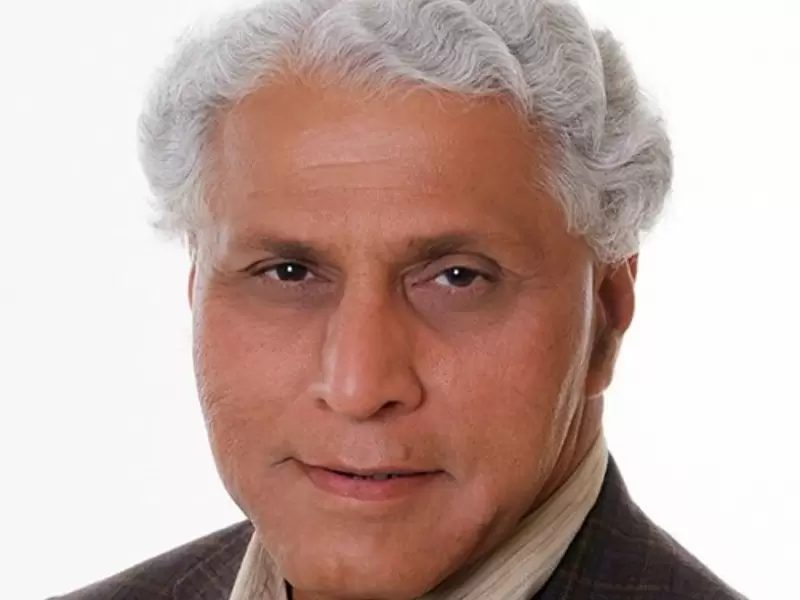
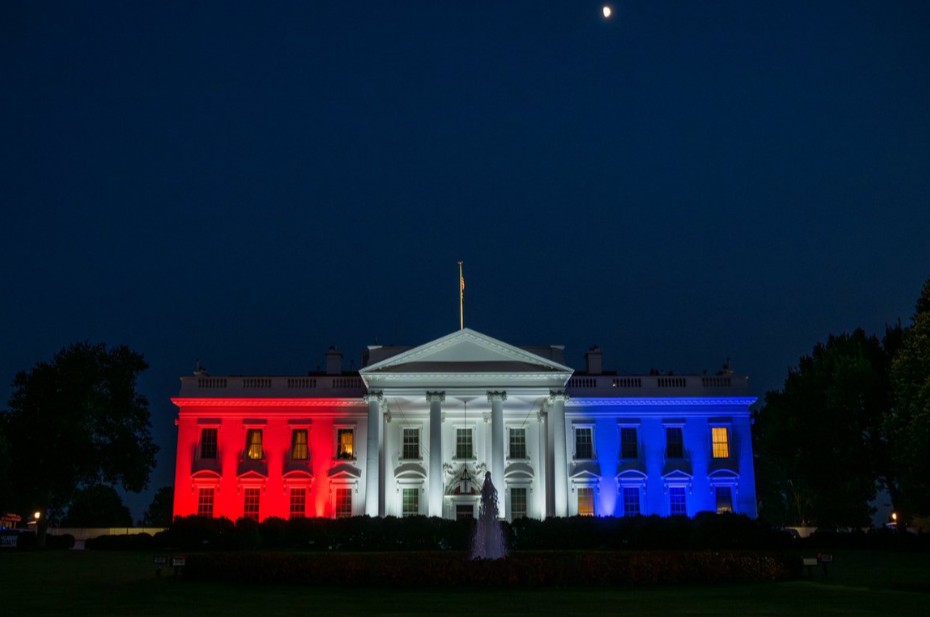
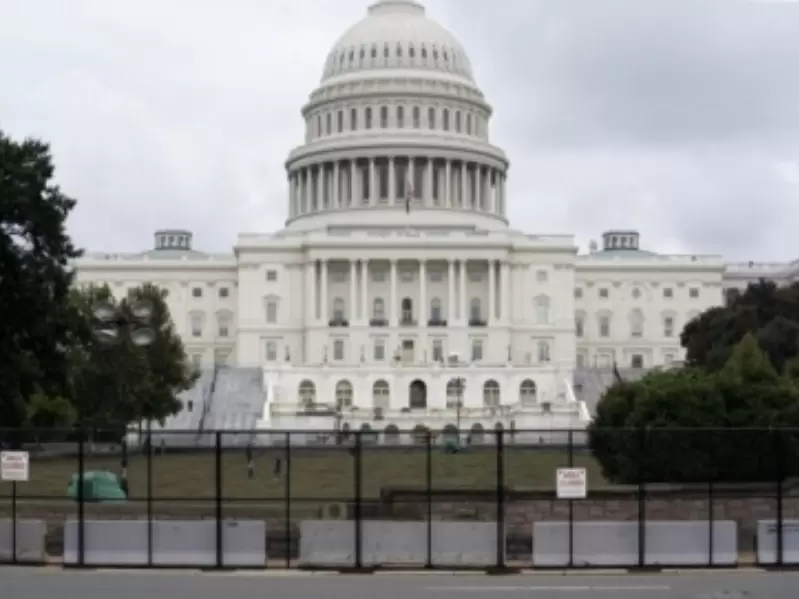
.jpg)
.jpg)




Comments
Start the conversation
Become a member of New India Abroad to start commenting.
Sign Up Now
Already have an account? Login